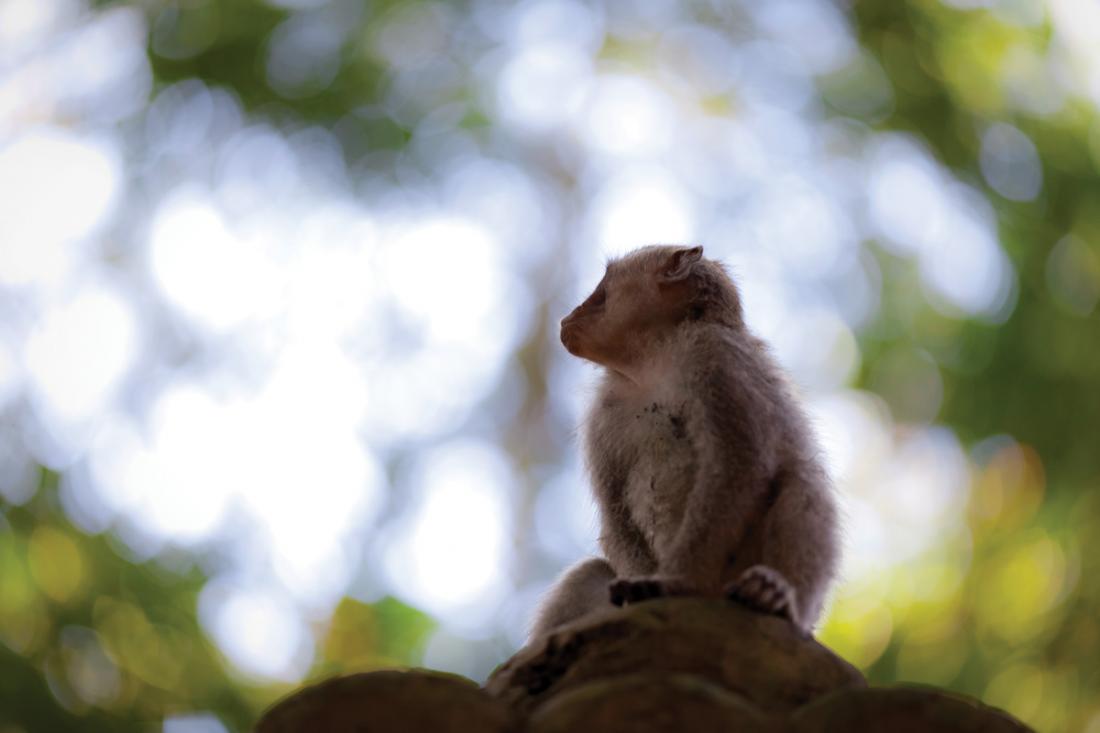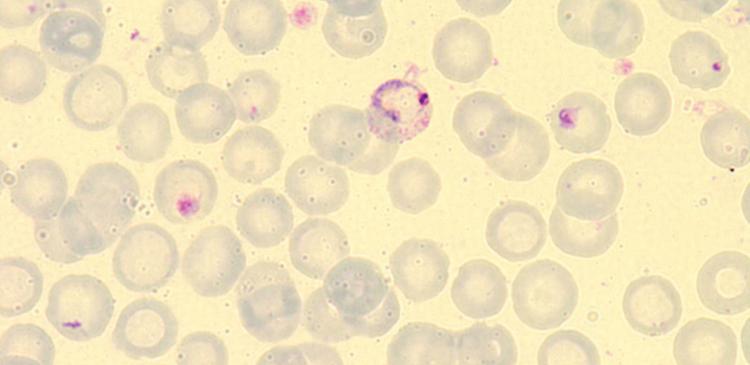Recently, scientists have suggested that long-tailed macaques of Malaysian Borneo may host a new species of Plasmodium.
Researchers in Malaysia, with assistance from colleagues in USA and Singapore, have discovered that long-tailed macaques from Malaysian Borneo harbour a new species of Plasmodium parasite, a group of approximately 250 species of blood parasites, some of which can cause malaria in humans.
Plasmodium parasites are spread by vectors, such as Anopheles mosquitoes, and can infect a wide range of hosts, including mammals, birds and reptiles.
Long-tailed macaques, in particular, are reservoirs for Plasmodium parasites and can be infected by six different Plasmodium species.
Recently, scientists have suggested that long-tailed macaques of Malaysian Borneo may host a new species of Plasmodium. To put this theory to the test, researchers from Universiti Malaysia Sarawak, Ngee Ann Polytechnic in Singapore, and the American Museum of Natural History carried out a genetic study. Their work was published in BMC Evolutionary Biology.
The researchers took blood samples from 43 long-tailed macaques captured from different locations in Sarawak, Malaysia. They studied the blood samples under the microscope, then analysed mitochondrial DNA sequences and genes coding for a parasitic enzyme that breaks down proteins.
Genetic analysis revealed that, as well as several named species of malaria parasites, the long-tailed macaques of Malaysian Borneo also host a novel species of Plasmodium parasite, which the researchers called Plasmodium inui-like. Using statistical tests and sequence data, they predicted that the new species shares a common ancestor with a known parasite species called Plasmodium inui and that the two species diverged approximately 1.5 million years ago.
One possible explanation for the emergence of this new parasite species is that the long-tailed macaques of Borneo have been geographically isolated from the macaques of Peninsular Malaysia and mainland Asia for thousands of years, preventing parasite interbreeding and gene flow.
The researchers also showed that these macaques are new hosts for the known parasite species P. simiovale, which has previously only been described in toque macaques in Sri Lanka.
This work suggests that the relationships between primates and their Plasmodium parasites may be shaped by ecological factors, such as spatial isolation or the colonisation of new environments.
For further information, contact:
Dr Thamayanthi Nada Raja | E-mail: [email protected]
Malaria Research Centre
Universiti Malaysia Sarawak
---------------------------------------------
Did you know?
There are approximately 250 species of Plasmodium, which can
infect many animals, including reptiles, birds and various mammals.




